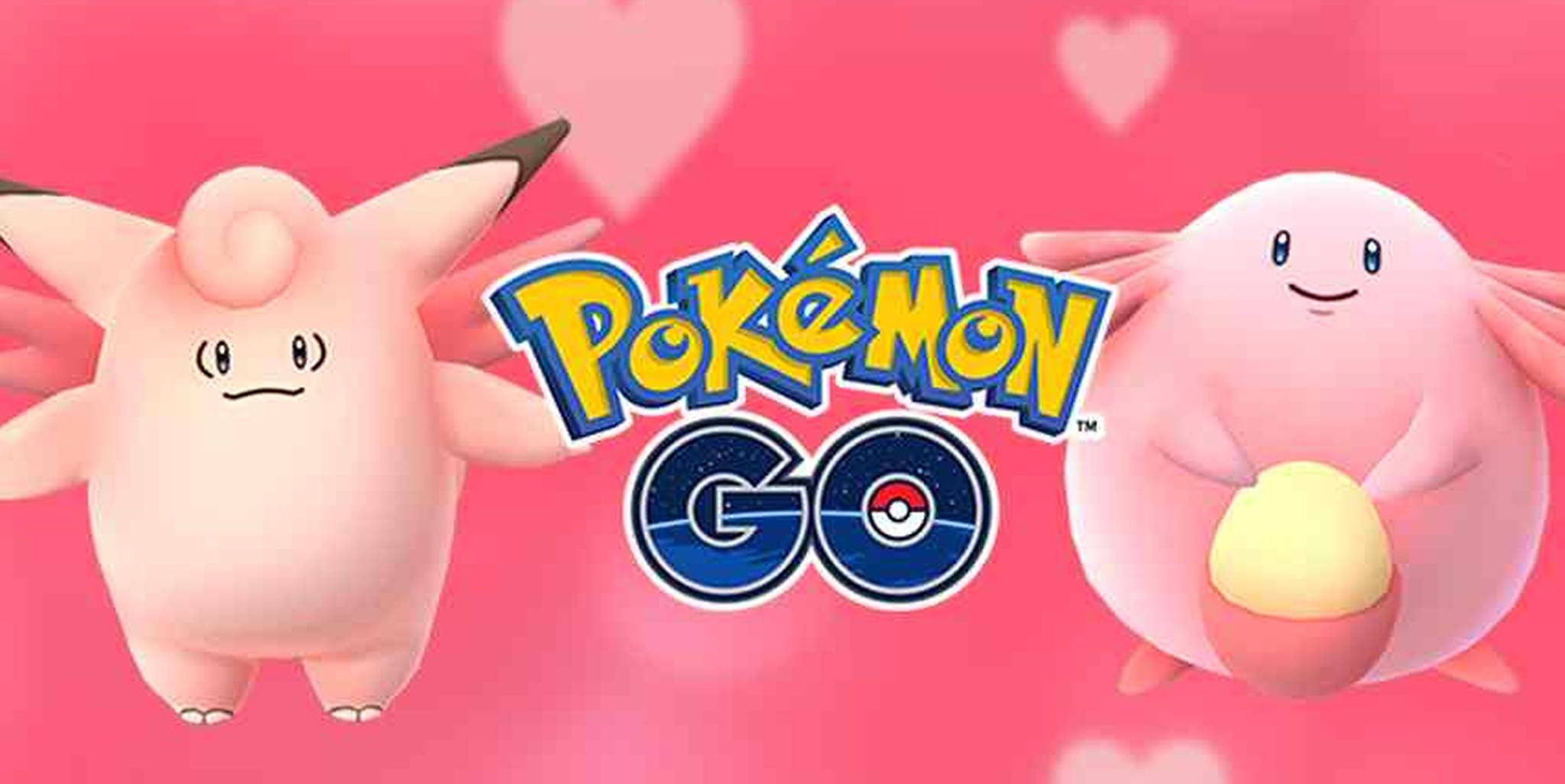Long gone are the days of flower bouquets and dinner dates; it seems dating in the 21st century is all about Pokédates and phone apps. Georgia Ryan explores romance in the modern age…
Released in the summer of 2016, Pokémon GO was praised for encouraging gamer to stretch their legs as they built up their Pokédex in the outside world, meeting likeminded fans of the franchise along the way. Their Valentine’s event, running officially between the 8th and the 15th February, took the aim of the game to the next level, and encouraged fans of the app to get physical in a different way. Pokémon GO promoted users pairing up on their hunt for rare pink-coloured Pokémon that had been made more common for this limited time, or talking to strangers en-route and setting up their own ‘Pokédates’. A sweet sentiment, but a tad patronising and one that feeds the negative stereotype that gamers are inept at finding and building their own romantic relationships. Users of the app, however, seemed to brush off the good intentions of Niantic, the game’s developers, and focused on the Valentine’s event being a failed opportunity for the game to offer something more in terms of design and function. One Pokémon fan highlighted that the logistics of the Valentine’s event replicated those of the Halloween event held last year, and asked whether Niantic were going to step up and do something different for their next event. The question that should be asked is this: does users’ overlooking of the wider aim of the Valentine’s event, and the general concept of a Pokédate, underline a running dating trend in today’s society – mostly that dating and serious relationships don’t seem to interest us?
As part of a student population, it’s difficult to reason why anyone needs to be in a serious relationship when there are degrees to earn, places to travel and many, many more nights out to be had. But every single day on campus someone is dwelling over ‘what are we’, sometimes too afraid to ask the person, oftentimes not getting a clear enough answer. This grey area is problematic for those who do want something more, and don’t know why things aren’t progressing, because it leaves them in a position where they devalue themselves and put the wants of the other person before their own. All too often people are matched with ‘partners’ who aren’t on the same page, or even in the same book. That’s where technology steps in.
Tinder and Grindr have become two of the most popular dating apps in history, with 100 million and 10 million user downloads respectively, and hold firm reputations as ‘one night stand’ apps. Without the algorithms of traditional online dating strategies, matches are made solely by the users who are asked the question ‘Do you want to have sex with this person?’ in the form of pictures and written profiles for each potential match. From there, it’s a simple yes or no answer. The geolocation feature on both apps allows users to scout out potential partners in cities or countries they are briefly visiting, and leave with no strings attached, making hook ups easier now more than ever, and placing those looking for serious relationships at risk of being lured in and blocked by strangers who lie about their intentions.
The lengths some have to go to find a serious relationship can oftentimes be shocking. Channel 4’s series First Dates has not only expanded to Ireland, Australia and very soon America, but also produced a spin-off that aired in January of this year called First Dates: Hotel, which took the original format of the show where two people are matched through an algorithm monitored by ‘experts’ and meet for the first time in London’s Paternoster Chop House, only this time participants are willing to fly out to France for their blind date, a huge investment in a relationship that may not take off. Skipping the get-to-know each other stage of dating by relying on a computer to decide whether you are compatible with someone is a huge gamble, and playing Pokémon GO is not enough to base the foundations of a relationship on if you don’t hold the same values or want the same things. People call it a ‘match’ because what they want matches up with what you want: find a match, whether that means a partner who wants to sail around the world with you, or a one night stand you’ll never see again.
Georgia Ryan
(Image: Mic)

